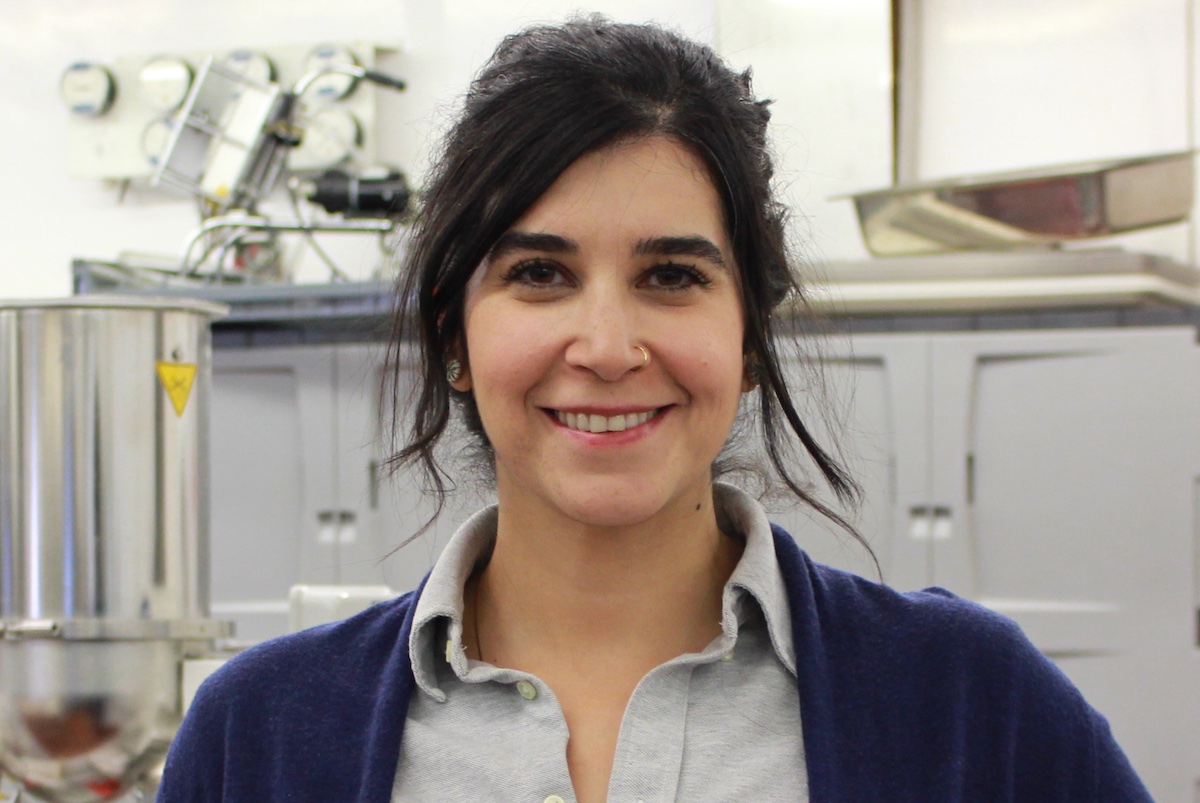
Meet Filiz Koksel, 2021 Rh Award Winner in the Applied Sciences category
Filiz Koksel is a food scientist with expertise in food processing and non-destructive assessments of food quality. Her research program aims to tackle issues related to an ever-increasing demand for sustainable high-quality plant-based foods.
Koksel is the 2021 recipient of the Terry G. Falconer Memorial Rh Institute Foundation Emerging Researcher Award in the Applied Sciences category, in recognition of her accomplishments in bringing Canadian crops from the field to our tables, and in transforming these crops into foods with superb palatability and nutritional value. UM Today caught up with her recently to learn more about her and the research she is undertaking.
Tell us a bit about yourself and your research.
I am a food engineer by training. I have a BSc and MSc degrees in Food Engineering and a PhD in Food Science. My research is at the interface between food science and material science. I mainly focus on processing of cereals, pulses and oilseeds, to make foods including but not limited to bakery products, breakfast cereals, expanded snacks and meat alternatives like vegetarian burger patties to reduce the environmental footprint of the foods that we eat.
My research program also focuses on food physics and involves the use of mechanical and electromagnetic waves to assess food quality. For example, I use ultrasound waves, to test the physical quality attributes of meat alternatives. Consider the manufacture of a plant-based burger patty. The use of sound waves as a non-destructive quality control tool allows me to assess textural attributes of the patty (e.g., its hardness, chewiness, tenderness) in real-time during production. The ultrasonic technique is no contact, so it’s sanitary and producers have immediate control to fine-tune the quality without wasting food.
Why is this research important?
This research is a response to the rising world population. We may not feel it everywhere in Canada, but many in our world are struggling with hunger right now. The question I am asking is, how are we going to feed this growing population? And the answer is, we need much greater access to sustainable, good quality proteins worldwide. Getting all our protein from animals is not sustainable, so we need shift towards more plant-based foods.
What does the Rh Award mean to you?
It’s great to be recognized for the time that we put into our research programs. This award is an acknowledgement from the UM and my peers of the quality of the work that I am doing with my team. It is also tremendous to have a bit of an extra funding that comes with this award, to ensure I can keep my research program going. The recognition it brings to my program is vital; both to me, and to raise awareness of the enormous potential impact of our work.
What do you hope to achieve in the future?
In the near future, I plan to expand my research team, continue to learn and teach, and mentor the next generation of food scientists who are interested in sustainably feeding the growing world population.
In the far future, I hope that my research will help to reduce food insecurity and increase access to nutritious, palatable and high-quality foods all around the world, even at unprecedented times like pandemics or wars.
What about you would people find surprising?
Today my parents live in their home country, Turkey, but I was actually born here in Winnipeg when my father was doing grad school at the University of Manitoba. When I was very young, I moved with them back to Turkey, but I made a full circle and came back to Canada to UM to do my PhD and stayed in Canada.
Any advice for early career researchers and students?
Huge effort goes into producing what we eat and solving critical global problems of food sustainability and hunger is not a trivial task. It requires different disciples to work together. For example, I work with people from many different disciplines including human nutritional sciences, physics and astronomy, chemistry, kinesiology, computer science and biosystems engineering. My advice is to stay curious, be open-minded about different perspectives and remember that even for topics that involve global politics and social sciences, food is always at the core of our daily lives.
Research at the University of Manitoba is partially supported by funding from the Government of Canada Research Support Fund.






